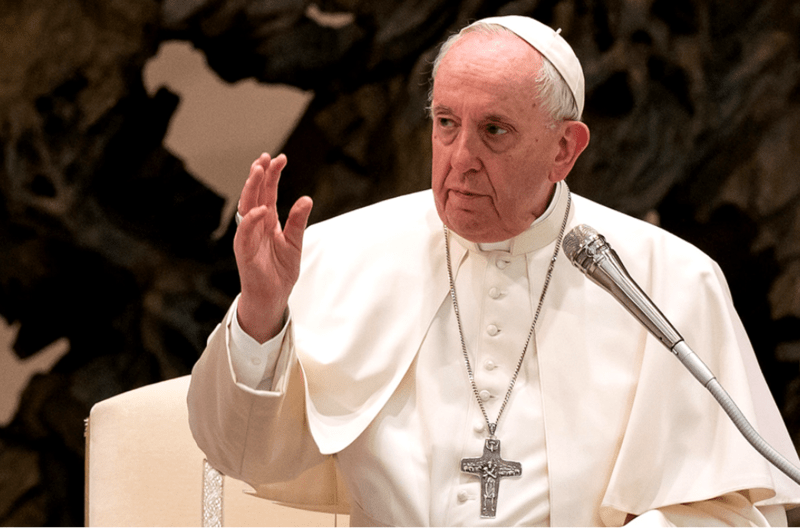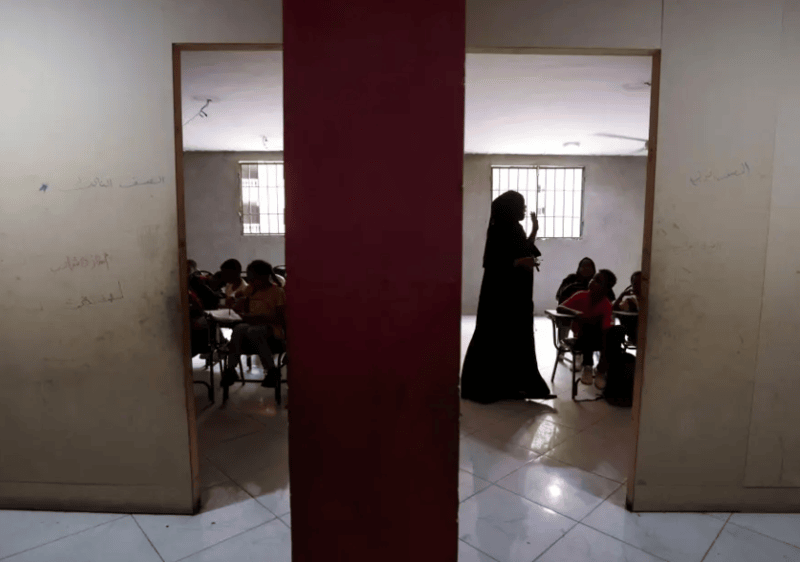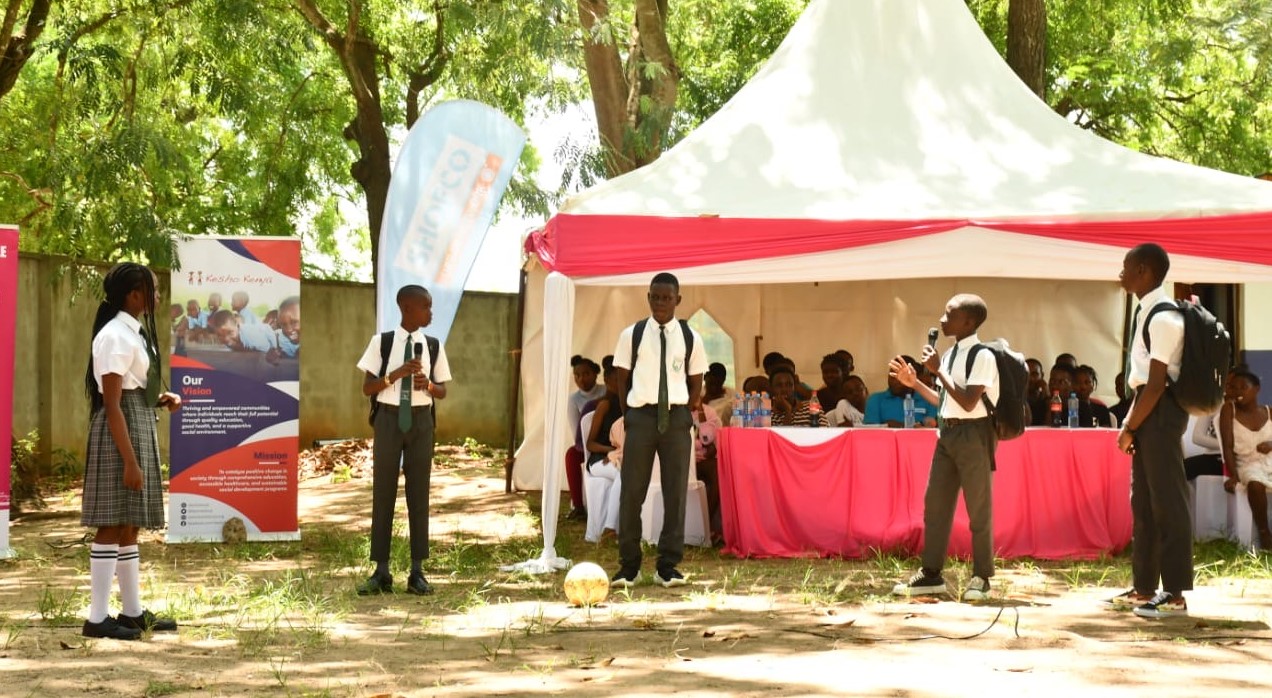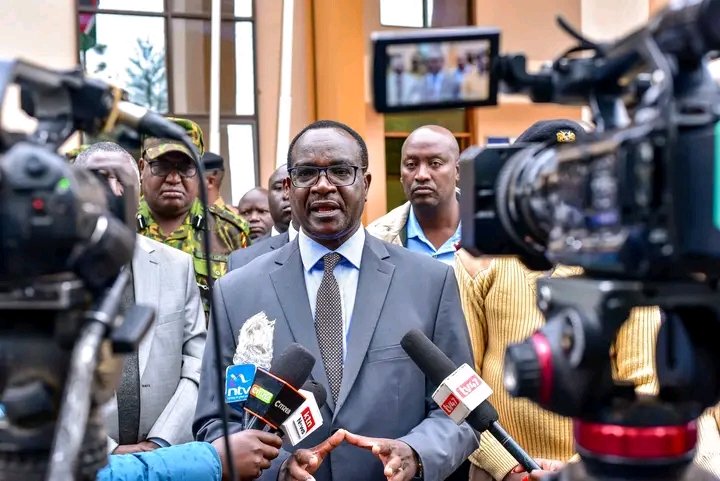Government to revise controversial university funding model, says CS Ogamba
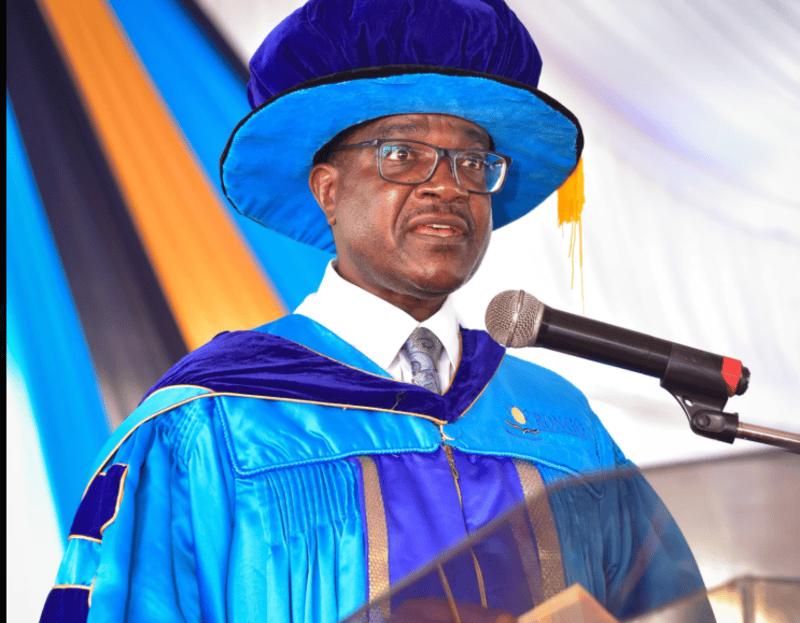
By Maureen Kinyanjui |
He further explained that an interim report has already been introduced, which will be reviewed before a final report is released.
Education Cabinet Secretary Julius Ogamba has announced that the government plans to modify the new university funding model, which was recently struck down by the High Court.
Speaking at the graduation ceremony of Rongo University on Friday, Ogamba assured the public that the government is taking steps to address the concerns raised by the court.
Keep reading
- State warns of looming crisis in varsities after court nullifies Ruto’s funding model
- KCSE exam results to be released in January as KNEC enhances cheating scrutiny
- Mombasa governor wants Senate to help protect county-funded bursaries
- State unveils 1,236 projects to benefit 6 million Kenyans in marginalised areas
"The President formed a working party committee to re-examine the entire funding model and refine it to ensure the next cohort does not face the same challenges encountered during the admission of the current cohort. That committee is continuing its work," he stated.
He further explained that an interim report has already been introduced, which will be reviewed before a final report is released.
Once finalised, the government will implement the revised model to ensure it adequately serves its purpose, ensuring no student is left behind.
This announcement follows a ruling from the High Court, where Justice Chacha Mwita declared the New Funding Model unconstitutional.
The judge ruled that the government had failed to conduct proper public participation before implementing the model, a process required to ensure transparency and inclusivity.
"The model should have been subjected to the public so that the public could comment before its implementation," Mwita noted in his decision.
The court also found the model discriminatory, particularly its categorisation of students into various funding bands.
As a result, the judge directed key stakeholders including CS Ogamba, the Attorney General, the Higher Education Loans Board (HELB), and other education bodies not to proceed with the model's implementation.
The ruling followed a petition filed by the Kenya Human Rights Commission (KHRC) in 2023, which argued that the variable scholarship and loan funding model was arbitrary, expensive, and violated the right to education.
"The variable scholarship and loan funding model is arbitrary, obscure, expensive, undefined, and illegal; an affront to the right to education as part of economic social rights," the petition read.
The controversial funding model, which shifted financial responsibility onto parents and altered how students were supported, sparked nationwide protests by university students.
Many students felt discriminated against by the system and called for the reinstatement of the Higher Education Loans Board (HELB), which they believed was a more equitable and established means of funding.
In response, CS Ogamba criticised the government's decision to pass financial responsibility to parents, reiterating that the government has to fund public universities.
"It is not the responsibility of parents to fund public universities. The government must ensure that every student has the resources they need to succeed," Ogamba said.
Reader comments
Follow Us and Stay Connected!
We'd love for you to join our community and stay updated with our latest stories and updates. Follow us on our social media channels and be part of the conversation!
Let's stay connected and keep the dialogue going!



